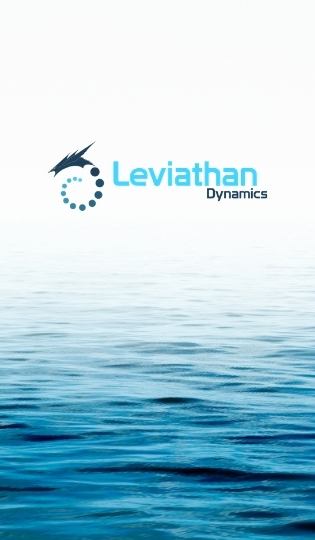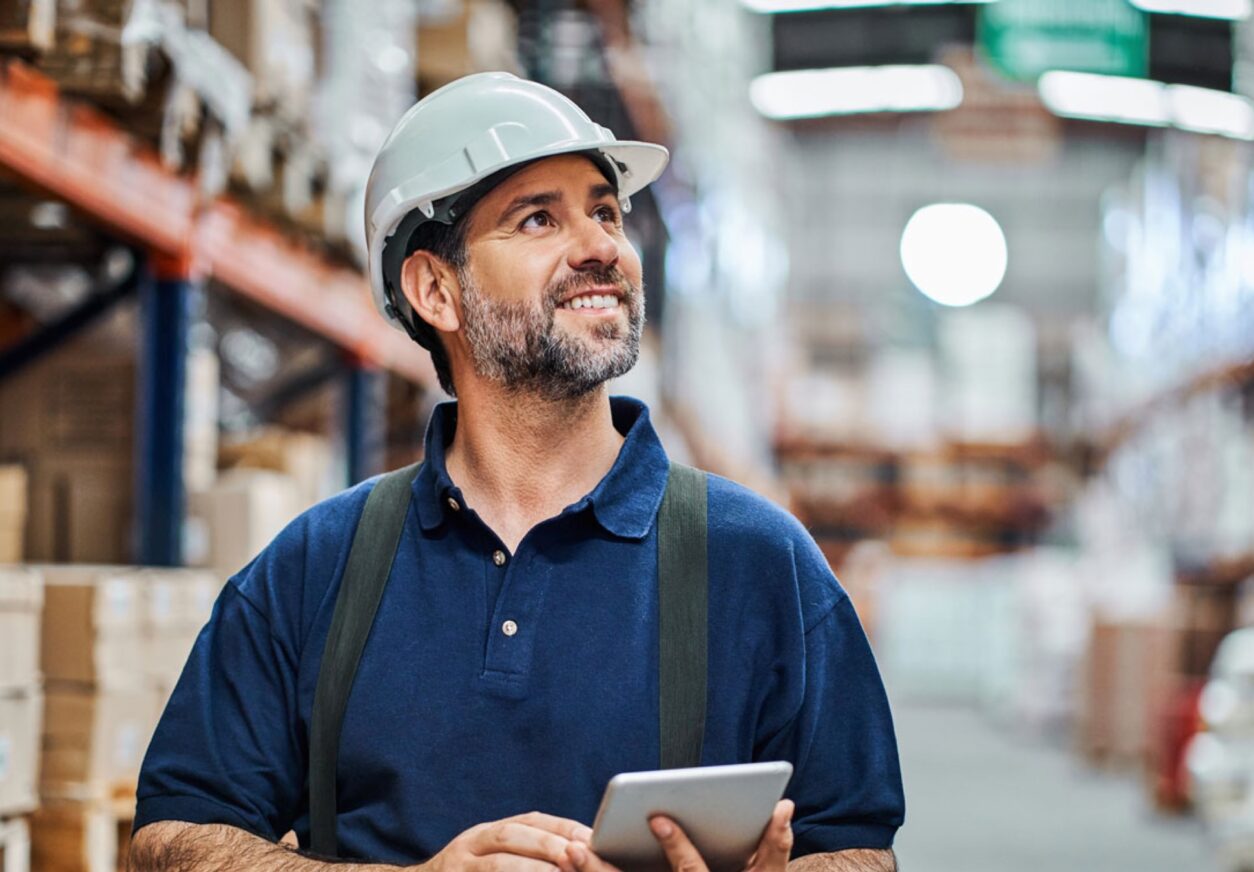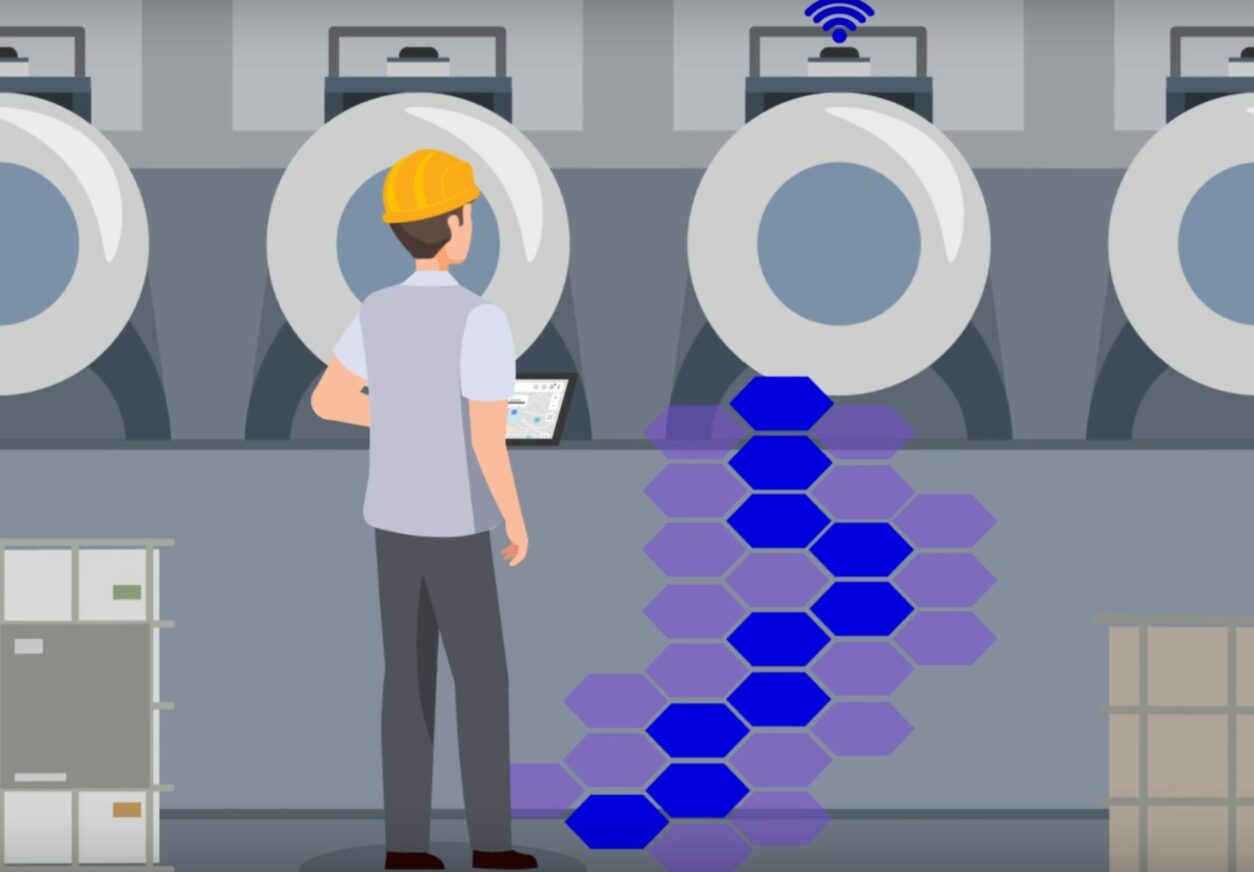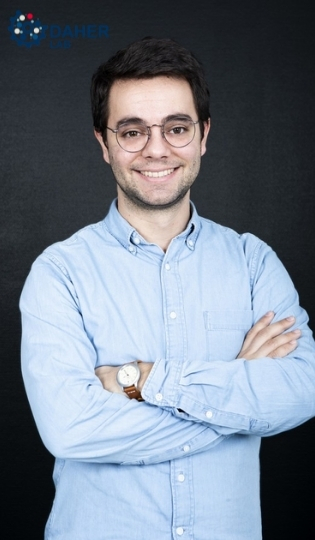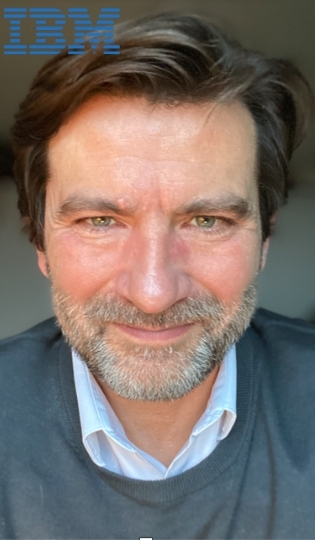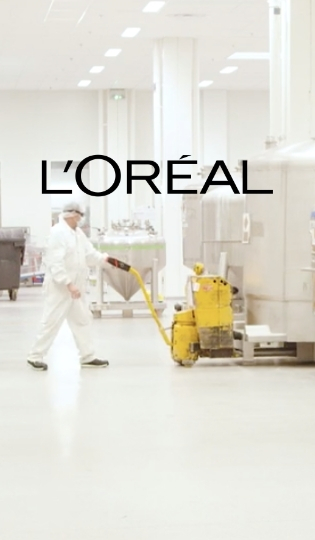At first glance, one might think that “industry” and “green” are two antinomic words, that the planet and the economy have diverging interests. However, some people are mobilizing to find innovative solutions to generate energy that is more respectful of the environment. This is notably the challenge of young startups like Leviathan Dynamics.
This week we interviewed Karino Kang and Alan Chauvin the co-founders of Leviathan Dynamics. The startup that proposes an alternative refrigeration system to the current system based on the use of highly polluting fluorinated gas.
Karino Kang is the founder and CEO of LD. He has a degree in mechanical engineering with a specialization in fluid mechanics and energy.
He has 8 years of experience in the industry: 2 years in a design office and 6 years as a project manager for a company in the energy sector.
Alan Chauvin, graduated from the Arts & Métiers engineering school in 2012, he worked in a small company in the textile industry and then went on to do a PhD in control command on the subject of hybrid vehicles.
It was in 2016, after a post-doctorate at the École des Mines de Nantes, that he met Karino and that the Leviathan Dynamics adventure began.

Hello Karino KANG and Alan CHAUVIN, thank you for agreeing to share your experience of entrepreneurship on Zozio.tech.
What is the innovative technology developed by Leviathan Dynamics and how was this project born?
Karino: This project was born from an observation that I made during a heat wave: there is no “green” refrigeration system.
So I developed a technology capable of making cold by exploiting the phenomenon of water evaporation.
I did not maintain this project because it lowered the temperature by only 2 degrees compared to the outside temperature.
However, it allowed me to understand the potential of water as a refrigerant and that’s when I realized that by integrating water as a refrigerant in a classic refrigeration cycle, we could have very interesting energy performances.
One thing led to another and the Leviathan Dynamics project was born.
Today we develop and produce more efficient and environmentally friendly solutions for process cooling and heating.”
What is your market?
Karino: We have chosen to position ourselves primarily in the industrial sector because energy efficiency is a fairly differentiating criterion.
Initially, we are focusing on data center cooling and industrial process cooling.
Eventually, we are aiming at the air conditioning market, but this is a very competitive sector.
What are your strengths and weaknesses compared to the competition?
Alan: Our main strength is that we can offer our customers solutions adapted to their needs, since today we have worked mainly on technology and not on a specific product.
As for the air conditioning and refrigeration market, it is already very well established, valued at over €100 billion. Our mission is to be part of it.
Karino: One of our major assets is that we offer a solution that has a low environmental impact, unlike alternative processes.
Our solution allows for greater energy efficiency, since on average we gain 30% in energy efficiency compared to solutions currently on the market. This can reduce the electricity bill by 30%.
Our main weakness is the purchase price, because we do not have the production volumes of our competitors.
What aid mechanisms has your start-up benefited from?
Karino: We have benefited from regional (PIA, BPI France) and European aid.
Alan: We are laureates, horizon 2020 of the SME instrument phase 1. We have also received honorary loans from Wilco and the Arts & Métiers foundation.
On your website www.leviathan-dynamics.com you say that you think you can “reconcile the progress of humanity with respect for the environment by making industry greener”. According to you, what are the challenges of green industry?
Karino: Although we are in a price-driven economy with a fairly short-term view, we believe it is better to buy more sustainable equipment with good energy efficiency.
We are responding to the challenges of the 21st century by applying our science to the search for energy efficient processes.
Leviathan Dynamics is helping to make energy greener by providing an alternative technology to the use of fluorinated refrigerants. Fluorinated refrigerants have a negative impact on the environment and produce chemicals that contribute to global warming.
Do you think it is possible to switch to more ecological production methods? What are the current obstacles?
Karino and Alan: We can provide a technological brick to reduce energy consumption, but where the energy comes from is a more global problem.
No industrial creation has a zero impact on the environment, however it is our duty to try to make industry more environmentally friendly.
Karino: For example, in the automotive industry, metal covers have been replaced by plastic covers.
Although, unlike metal, plastic is not infinitely recyclable, having plastic trims makes the vehicle lighter by a significant amount, which improves the vehicle’s energy performance. You have to look at the whole picture.
As far as green chemistry is concerned, we are increasingly able to produce chemicals in a more sustainable way with less impact on the environment, but the biggest problem today is price.
This is what drives all markets. People prefer to buy a cheaper product with more environmental impact than the other way around.
This is perhaps what will limit the transition to a greener economy. People have to accept to pay more for products previously produced in an unsustainable way.
How is the green industry a sector that is conducive to innovation?
Karino: In the field of green industry, innovators are mainly looking to find processes that meet a need that is already met by polluting processes. So you need a lot of incentives (fiscal, etc…) to be able to start in the green industry.
Alan: Green industry is mostly about cost. In the long run, we can see that the green industry contributes to energy savings for consumers.
But a lot of people in the industry are thinking in the short term, buying the cheapest machines despite their higher consumption.
Tax obligations that encourage people to change their equipment would benefit consumers and the green industry. Long-term investments allow for energy savings.
What are the next steps for Leviathan Dynamics?
Alan and Karino: Regarding the development part, we are going to set up an experimentation.
Our innovation had remained in prototype in the lab since its creation in late 2016.
We benefited from the feedback of the first prototype, so we are able to create a second prototype and put it on the field.
This will allow us to create a reference and demonstrate that our solution works well.
As for the market, we are now looking to develop solid partnerships with refrigeration players.
As we are evolving in a very competitive market, it is very important to establish solid partnerships with manufacturers who are well referenced in the sector and who wish to be part of a process of change.
Future regulations will mean that certain technologies will be phased out, which will force certain manufacturers to take an interest in our technology.
In your opinion, what is the “industry of the future”?
Karino: For me, the industry of the future encompasses several subjects.
The means that allow production to be rationalized are part of the industry of the future.
Everything that concerns the prediction of needs thanks to new tools, the means that allow for more efficient production with the least possible waste in the production units.
The objective is to reduce energy consumption, in our case to reduce the cold needed in the processes.
Energy consumption can be reduced in many ways, for example, by replacing roofing sheets with solar panels. The industry of the future gathers a lot of subjects and it is not limited to digital.
A big thank you to Karino KANG and Alan CHAUVIN for sharing their experience of the green industry with us!

